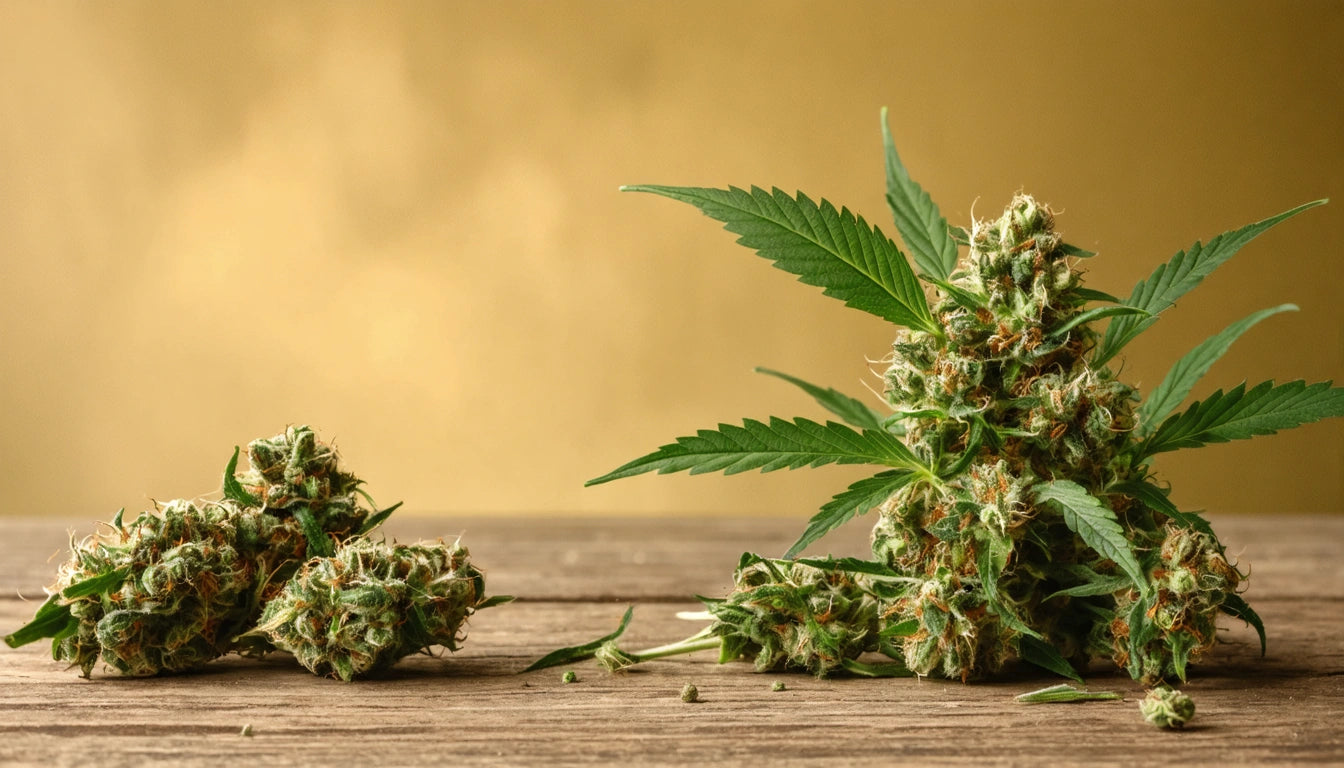- Marijuana Legalization Debate: Overview
- Medical Benefits of Cannabis Legalization
- Economic Arguments for Marijuana Legalization
- Social Justice and Decriminalization
- Arguments Against Cannabis Legalization
- Public Health Concerns
- Regulatory Challenges and Implementation
- Finding Balanced Cannabis Policy
The Pros and Cons of Legalizing Marijuana: A Comprehensive Overview
The debate over whether marijuana should be legalized continues to evolve as more regions reconsider their cannabis policies. Proponents and opponents both present compelling arguments about the potential impacts of legalization on public health, economic growth, criminal justice, and social welfare. This balanced analysis examines why marijuana should be legalized according to supporters and why cannabis should not be legalized according to critics.
Marijuana Legalization Debate: Overview
Cannabis legalization has transformed from a fringe political issue to a mainstream policy discussion across the globe. According to a comprehensive review of marijuana legalization arguments, public opinion has shifted dramatically in recent decades, with a majority of Americans now supporting some form of legalization.
The conversation around why marijuana should be legal often centers on several key themes: medical benefits, economic opportunities, personal freedom, and social justice reform. Conversely, arguments for why cannabis should not be legalized typically focus on public health risks, potential for increased use among youth, impaired driving concerns, and workplace safety issues.
Medical Benefits of Cannabis Legalization
One of the strongest arguments for why medical marijuana should be legalized comes from its therapeutic applications. Cannabis contains compounds that research suggests may help with:
- Chronic pain management
- Nausea and appetite stimulation for cancer patients
- Muscle spasticity in multiple sclerosis
- Seizure reduction in certain epilepsy forms
- Anxiety and PTSD symptom relief
Medical professionals increasingly recognize these potential benefits, leading many to support at least limited legalization for medical purposes. Patients who use medical cannabis often report improved quality of life and reduced dependence on other medications with more severe side effects.
Economic Arguments for Marijuana Legalization
The economic case for why marijuana should be legal includes several potential benefits:
Tax Revenue Generation
States with legalized recreational cannabis have generated significant tax revenue. Colorado, for example, has collected over $1.5 billion in marijuana taxes since legalization in 2014, funding education, public health, and infrastructure projects.
Job Creation
The legal cannabis industry creates jobs across multiple sectors, from cultivation and processing to retail, testing, security, and ancillary services. These employment opportunities range from entry-level positions to specialized scientific and technical roles.
Reduced Law Enforcement Costs
Legalizing marijuana redirects law enforcement resources from cannabis prohibition to more serious crimes. The reduction in arrests, prosecutions, and incarcerations for marijuana offenses represents substantial cost savings for criminal justice systems.
Social Justice and Decriminalization
Many advocates argue that marijuana should be legalized to address historical inequities in drug enforcement. Research consistently shows that despite similar usage rates across racial groups, Black and Latino individuals face disproportionately higher arrest and conviction rates for cannabis offenses.
The movement to decriminalize drugs more broadly stems from recognition that treating substance use as a criminal rather than public health issue has been largely ineffective. Decriminalization aims to reduce the collateral consequences of drug convictions, including barriers to employment, education, housing, and voting rights.
Arguments Against Cannabis Legalization
Critics present several reasons why marijuana should not be legalized:
Potency Concerns
Modern cannabis strains contain significantly higher THC concentrations than in previous decades. Some opponents argue that today's high-potency products pose greater risks for adverse psychological effects, particularly for young users or those with predisposing conditions.
Gateway Drug Theory
Some maintain that cannabis use may lead to experimentation with more dangerous substances, though research on this theory remains inconclusive and correlation does not necessarily indicate causation.
Workplace and Safety Issues
Concerns about impaired driving and workplace safety represent legitimate challenges in legalization frameworks. Unlike alcohol, THC can remain detectable in the body long after impairment has subsided, complicating enforcement efforts.
Public Health Concerns
Public health experts raise several issues when discussing why cannabis should not be legalized:
- Potential impact on adolescent brain development
- Risk of cannabis use disorder (estimated at 9% of users)
- Respiratory concerns from smoking cannabis
- Possible links to mental health conditions in vulnerable individuals
- Pregnancy and developmental risks
These concerns underscore the importance of age restrictions, potency limits, and public education campaigns in any legalization framework. Balanced regulatory approaches attempt to mitigate these risks while allowing adult access.
Regulatory Challenges and Implementation
Effective regulation represents a middle ground between prohibition and unrestricted commercialization. Key regulatory considerations include:
- Age verification and access restrictions
- Product testing and quality control standards
- Advertising and marketing limitations
- Packaging and labeling requirements
- Taxation structures that discourage youth use while limiting black market competition
The conflict between state-level legalization and federal prohibition in the United States creates additional complications for banking, research, interstate commerce, and consistent enforcement. Historical context helps explain these regulatory inconsistencies.
Finding Balanced Cannabis Policy
The most effective approach to marijuana policy likely involves nuanced regulation rather than absolute prohibition or unfettered commercialization. A balanced framework acknowledges both the potential benefits of why marijuana should be legalized and addresses legitimate concerns about why cannabis should not be legalized without restriction.
Public health experts increasingly advocate for policies that:
- Prioritize harm reduction over criminalization
- Invest cannabis tax revenue in prevention, education, and treatment
- Establish evidence-based impairment standards
- Support continued research into both benefits and risks
- Include social equity provisions to address historical disparities
As more jurisdictions experiment with different regulatory models, policymakers gain valuable data about which approaches most effectively balance public health, economic opportunity, personal freedom, and social justice considerations in cannabis policy.











Leave a comment
All comments are moderated before being published.
This site is protected by hCaptcha and the hCaptcha Privacy Policy and Terms of Service apply.